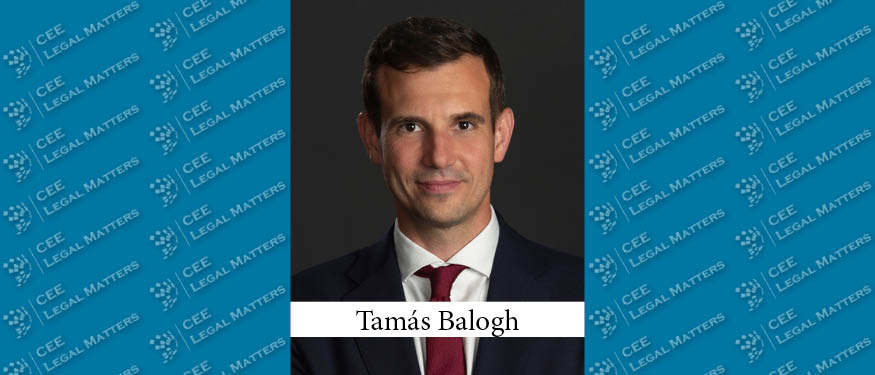On June 15, 2024, the long-awaited Act on the Judicial Protection Procedure for Former Holders of Qualified Liabilities of Banks (ZPSVIKOB 1) entered into force in the Republic of Slovenia.
Its purpose is to eliminate the unconstitutional position of former holders of qualified liabilities of banks. The act tries to achieve this by introducing a number of provisions aimed at balancing the position of the former holders with the position of the inherently stronger Bank of Slovenia. Under the new act, former holders affected by the haircuts in six Slovenian banks back in 2013 will finally have the possibility to claim compensation.
Due to the economic crisis spreading through the banking sector, in 2013, the European Commission and the European Central Bank requested Slovenia to conduct a financial stability assessment of its banks. The results revealed a significant capital shortfall in several banks, based on which the Bank of Slovenia took several measures to rehabilitate the banking system.
In December 2013, the Bank of Slovenia issued decisions on extraordinary measures to five Slovenian banks, based on which all qualified liabilities of these banks (shares and subordinated financial instruments) ceased to exist. The sixth bank was imposed with a similar decision a year later, in December 2014. These measures impacted more than 100,000 holders of subordinated bonds or shares, who, literally overnight, lost their assets amounting to EUR 960 million in total.
In 2016, the Slovenian Constitutional Court found that the Banking Act, valid at the time, did not provide effective judicial protection to former holders and, therefore, ordered the legislator to adopt an appropriate legal framework.
For this purpose, in 2019, the Act on the Judicial and Out-of-Court Protection Procedure for Former Holders of Qualified Liabilities of Banks (ZPSVIKOB) was adopted. However, the legislator’s first attempt to regulate the position of former holders was not successful. Namely, the Bank of Slovenia successfully challenged the ZPSVIKOB before the Slovenian Constitutional Court, as, among other things, it did not agree to be the payer of any compensation. In 2023, the Constitutional Court found that the central provision of the ZPSVIKOB, which stipulated that compensations would be paid from the Bank of Slovenia’s reserves, was incompatible with the Slovenian Constitution, and consequently annulled the contested ZPSVIKOB in its entirety.
In May 2024, the new ZPSVIKOB 1 was adopted. It provides that former holders may only claim compensation for the effects of measures adopted by the Bank of Slovenia under the (rather unique) procedure outlined in ZPSVIKOB 1. The former holders may bring lawsuits against the Bank of Slovenia, with the Republic of Slovenia assuming liability for damages. The new ZPSVIKOB 1 recognizes the former owners’ right of access to all documentation related to decisions on extraordinary measures. This documentation will be available in virtual data rooms to which former holders and their qualified proxies will have access. The new law also foresees the possibility of establishing a settlement scheme through which former holders could be reimbursed 60% of their losses. The scheme would be established by a government decree if a preliminary opinion of a court appointed group of independent experts showed that former holders suffered greater damage as a result of the extraordinary measures than they would have suffered if there had been no extraordinary measures. The deadline for filing claims is nine months from the publication of the notice on establishing the virtual data room or six months in case of a class action. To facilitate the position of former holders, the burden of proof in court proceedings will lie with the Bank of Slovenia. This means that it will be on the Bank of Slovenia to demonstrate the grounds for the extraordinary measures and that the former holders did not suffer greater losses than they would have suffered without them.
Most of the former holders will most likely assert their rights under the new act, and as a result, we can expect a variety of events in the competent court in the coming months.
By Helena Butolen and Alen Savic, Partners, Selih & Partnerji
This article was originally published in Issue 11.7 of the CEE Legal Matters Magazine. If you would like to receive a hard copy of the magazine, you can subscribe here.

















